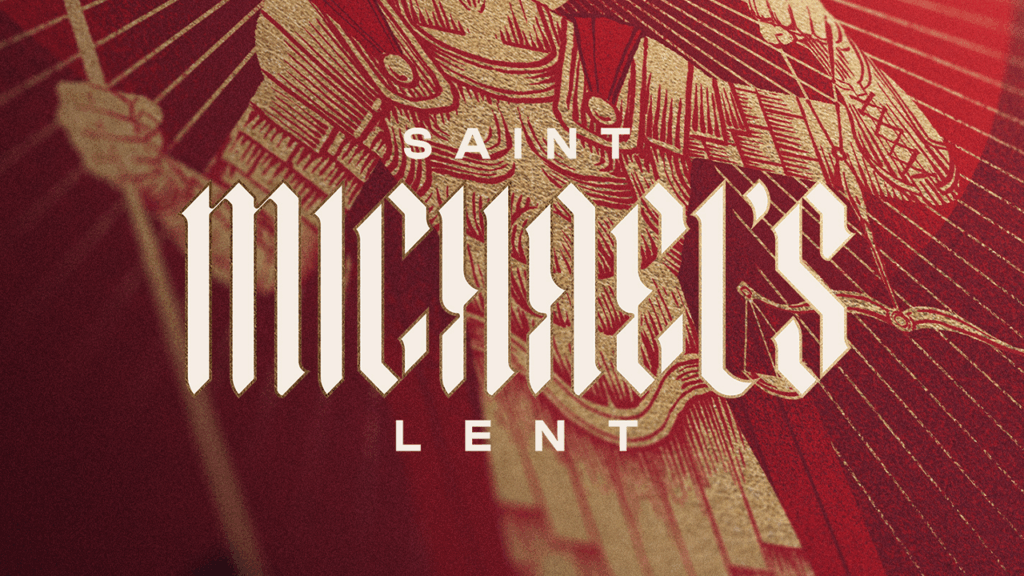God does have some things to say about beer and wine, but how does it relate to our own spiritual life?
The answer comes from the monastery.
It was through the work of monks that beer as we know it developed, not consumed with a straw but as a clear liquid flavored with hops.
Monasteries became centers of culture after the fall of the Roman Empire, serving as oases of learning, the arts, medicine, agriculture, and the crafts.
Their work included the production of beer for the consumption of the monks, their guests, the sick, and the local population because it was safer to drink than water and also because it supplied needed nutrition.
The monks perfected brewing methods, developed equipment, and finalized its flavoring, being the first to add hops—for its bitter taste to balance the maltiness of barley and as a preservative.
It may seem odd for monks to brew, but Benedictine monks (including their Cistercian and Trappist offshoots) are known for following the motto ora et labora–prayer and work.
The monastery serves as a refuge from the world—a place to seek God before all else— =but the monks have to survive, and they have found discipline and humility in their servile labor.
The Benedictine monastery became a Christian culture in miniature, with prayer at the center and shaping the whole life of the community.
The monks’ disposition of prayer reaches even into their brewing.
It’s not that beer leads us into prayer— if only it were that easy— but that prayer should shape our approach to beer (and to everything else, for that matter).
Within the search for God, central to the monastery, we see the right perspective on earthly things: they should be ordered to God for his glory and help us along the journey to heaven.
For the monks, beer provides a source of nutrition, an expression of hospitality, a strengthening of health, and an expression of joy.
Whereas excessive alcohol takes on a demonic nature, turning us inward and against others, moderate alcohol provides a small foretaste of the joys of heaven.
The psalms describe that wine gladdens the heart and beer likewise provides a lightness, relaxation, and ease in conversation.
It adds to joy and enhances celebration.
There is no reason to exaggerate its effects but for the Christian rightly ordered toward heaven, the blessings of God still present little signs of the complete joy to come.
That may be why the monks make the best beer.
They do not brew for profit or excess and are not constrained by time or business concerns.
They brew for the right reasons: to express charity, to support their monastic way of life, and as a sign of something greater.
They brew guided by prayer and provide us a sign of how to approach our own work and recreation.
Another Benedictine motto captures their approach to beer perfectly: that God may be glorified in all things.
When you go out to buy beer, are you thinking about yourself or others?
Are you looking for something to indulge in or a drink through which to extend Christian hospitality?




